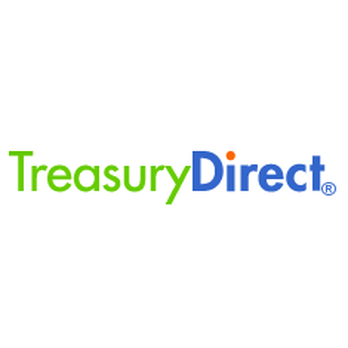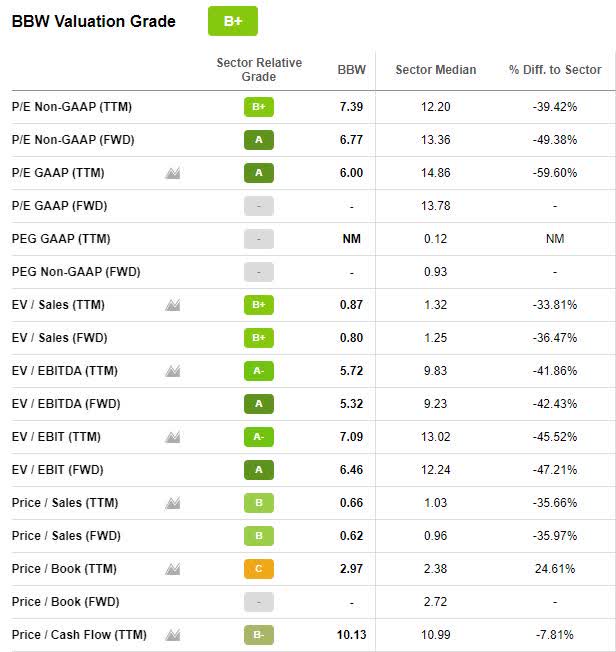
Before you buy land for investment purposes, there are a few things to keep in mind. These include the legality and cost of the plot. In this article, you will learn how to invest in land as a "buy and hold" strategy. This article will show you how to invest in land as a "buy and hold" strategy. This will make it easy to find a profitable investment.
Before buying land for investment purposes, consider these things
You should consider all possible uses before you buy land. There are always uses for land. Do some research on the community in which you intend to invest. You should find out how much property tax the community requires annually and determine if land is available from the closest community. The long-term benefits of buying land are worth it. Consider the characteristics that can attract tenants to your property if it is intended to be used as a rental. If you plan on farming it, you will need to choose fertile land suitable for agriculture.

Land acquisition costs
One of the most important factors when purchasing land for investment purposes is its cost. Larger land takes more time to develop. Banks don't prefer large land. Land with tough features might take a while to appreciate in worth. Infrastructure refers to roads, water and sewerage services as well as septic tanks. These amenities are required for land with high building potential. Before you offer to buy land, be sure to do your research.
Legality of the plot
The best way to get into real estate investing is to buy land. But before you start, here are some tips. Land can be more complex than buying property for commercial or residential use. There are many options for investing in land. You should consult a professional before buying any land.
Investing land as a buy-and-hold strategy
As a Buy and Keep strategy, you can earn a higher margin by investing in land. It is affordable to buy undeveloped land and it often comes with low taxes. This makes it an excellent option for a "buy-and-hold" strategy. If you acquire mineral and water rights, the land can be used for passive income such as timber sales to local businesses. Your land can be developed to make a profit, as you can rent it out for hunting, recreational, or agricultural purposes.
Farmland can bring in income
Farmland rental yields are much higher than other types. On farmland investments, it is possible to earn cash rental income as high as 8% per calendar year. Although appreciation is slower, rental yields can be higher than those of money market funds. For example, an acre could produce between 3%-9% in cash yield each year. It can be quite worthwhile, even though the income is not directly proportional with the land's actual value.

Investing on farmland can be a good way to make a profit as a real-estate investment.
Farmland can be used as a real estate investment and offers tax benefits. It also diversifies your portfolio. Farmland is stable and volatile, which makes it a great investment option. It has been able to outperform the stock market in many cases. It offers unique tax benefits, unlike real estate. Diversifying your investment is key to making a profit, regardless of whether you buy a farm directly or invest in farm-related stock.
FAQ
What are the benefits to owning stocks
Stocks can be more volatile than bonds. If a company goes under, its shares' value will drop dramatically.
However, share prices will rise if a company is growing.
To raise capital, companies often issue new shares. This allows investors to purchase additional shares in the company.
Companies use debt finance to borrow money. This gives them access to cheap credit, which enables them to grow faster.
Good products are more popular than bad ones. The stock price rises as the demand for it increases.
The stock price should increase as long the company produces the products people want.
How are Share Prices Set?
Investors who seek a return for their investments set the share price. They want to make money from the company. So they purchase shares at a set price. The investor will make more profit if shares go up. If the share value falls, the investor loses his money.
The main aim of an investor is to make as much money as possible. This is why they invest in companies. It allows them to make a lot.
How do I invest on the stock market
Brokers allow you to buy or sell securities. A broker sells or buys securities for clients. When you trade securities, you pay brokerage commissions.
Banks typically charge higher fees for brokers. Banks will often offer higher rates, as they don’t make money selling securities.
A bank account or broker is required to open an account if you are interested in investing in stocks.
If you use a broker, he will tell you how much it costs to buy or sell securities. The size of each transaction will determine how much he charges.
Ask your broker questions about:
-
Minimum amount required to open a trading account
-
How much additional charges will apply if you close your account before the expiration date
-
what happens if you lose more than $5,000 in one day
-
How many days can you keep positions open without having to pay taxes?
-
What you can borrow from your portfolio
-
Whether you are able to transfer funds between accounts
-
How long it takes for transactions to be settled
-
The best way for you to buy or trade securities
-
How to Avoid Fraud
-
How to get assistance if you are in need
-
How you can stop trading at anytime
-
How to report trades to government
-
Whether you are required to file reports with SEC
-
Whether you need to keep records of transactions
-
What requirements are there to register with SEC
-
What is registration?
-
What does it mean for me?
-
Who should be registered?
-
What are the requirements to register?
Statistics
- Our focus on Main Street investors reflects the fact that American households own $38 trillion worth of equities, more than 59 percent of the U.S. equity market either directly or indirectly through mutual funds, retirement accounts, and other investments. (sec.gov)
- US resident who opens a new IBKR Pro individual or joint account receives a 0.25% rate reduction on margin loans. (nerdwallet.com)
- "If all of your money's in one stock, you could potentially lose 50% of it overnight," Moore says. (nerdwallet.com)
- Ratchet down that 10% if you don't yet have a healthy emergency fund and 10% to 15% of your income funneled into a retirement savings account. (nerdwallet.com)
External Links
How To
How to invest in the stock market online
Stock investing is one way to make money on the stock market. You can do this in many ways, including through mutual funds, ETFs, hedge funds and exchange-traded funds (ETFs). Your investment strategy will depend on your financial goals, risk tolerance, investment style, knowledge of the market, and overall market knowledge.
First, you need to understand how the stock exchange works in order to succeed. This includes understanding the different investment options, their risks and the potential benefits. Once you are clear about what you want, you can then start to determine which type of investment is best for you.
There are three major types of investments: fixed income, equity, and alternative. Equity is ownership shares in companies. Fixed income can be defined as debt instruments such bonds and Treasury bills. Alternatives are commodities, real estate, private capital, and venture capital. Each option has its pros and cons so you can decide which one suits you best.
You have two options once you decide what type of investment is right for you. The first strategy is "buy and hold," where you purchase some security but you don't have to sell it until you are either retired or dead. The second strategy is called "diversification." Diversification involves buying several securities from different classes. If you purchased 10% of Apple or Microsoft, and General Motors respectively, you could diversify your portfolio into three different industries. Multiplying your investments will give you more exposure to many sectors of the economy. Because you own another asset in another sector, it helps to protect against losses in that sector.
Another key factor when choosing an investment is risk management. Risk management will allow you to manage volatility in the portfolio. You could choose a low risk fund if you're willing to take on only 1% of the risk. If you are willing and able to accept a 5%-risk, you can choose a more risky fund.
Learn how to manage money to be a successful investor. Managing your money means having a plan for where you want to go financially in the future. You should have a plan that covers your long-term and short-term goals as well as your retirement planning. Sticking to your plan is key! Don't get distracted with market fluctuations. Stick to your plan and watch your wealth grow.